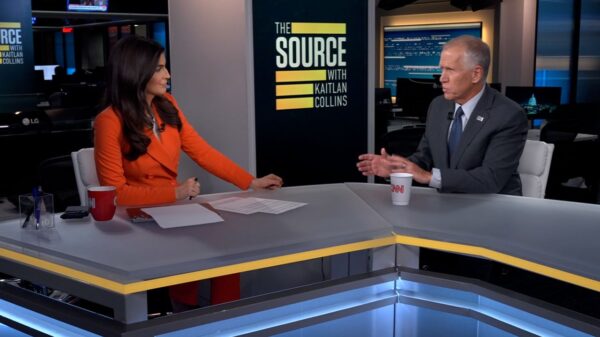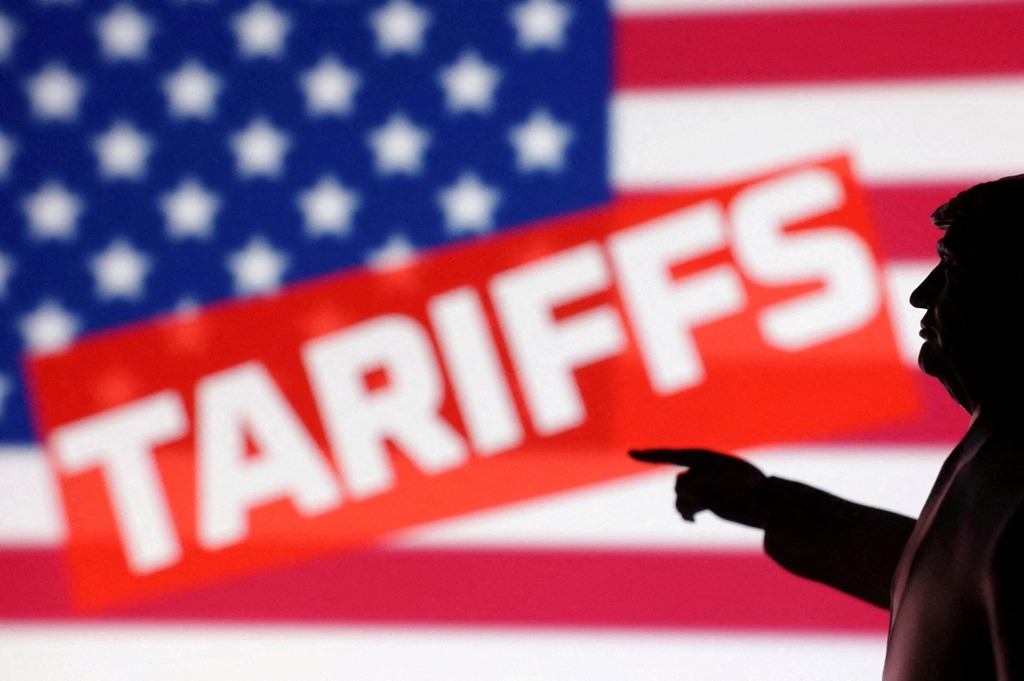US President Donald Trump has announced a significant trade measure that will impose a 100% tariff on branded and patented pharmaceutical products imported to the United States, effective from October 1, 2025. The only exemptions will be for companies that are actively building manufacturing plants in the US. This policy is expected to severely impact South Korean drugmakers, who may struggle to compete in the world’s largest pharmaceutical market.
In his announcement, Trump stated, “Starting October 1st, 2025, we will be imposing a 100% Tariff on any branded or patented Pharmaceutical Product, unless a Company IS BUILDING their Pharmaceutical Manufacturing Plant in America.” According to the White House, “IS BUILDING” will be strictly defined as having broken ground or being under construction.
Trade agreements with other nations may provide some relief, as the tariffs will not apply to countries with negotiated agreements containing drug provisions. For instance, pharmaceutical products from the European Union will face a maximum tariff of 15%, while Japan’s products will be subject to rates outlined in their trade agreement with the US.
Unfortunately for South Korea, the absence of a similar trade deal puts its pharmaceutical sector at a disadvantage. In July, the US promised to grant South Korea most-favored-nation (MFN) status, but this has yet to be formalized as negotiations continue over a proposed $350 billion investment from South Korea into the US market.
Impact on South Korean Pharmaceutical Stocks
The announcement has led to a swift decline in the stock prices of South Korean pharmaceutical companies. SK Biopharmaceuticals saw a drop of 3.52%, while Green Cross Holdings Corp. and Chongkundang Holdings Corp. fell by 3.81% and 2.48%, respectively. Other companies, including Bukwang Pharmaceutical Co. and Novarex Co., also experienced losses, with declines of 2.76% and 3.88%.
In contrast, Celltrion Inc. managed to gain ground after agreeing to acquire a plant from Eli Lilly and Company in New Jersey for approximately 460 billion won ($330 million). This strategic move signals Celltrion’s commitment to establishing a presence within the US market, potentially shielding itself from the impending tariffs.
According to the Korea Health Industry Development Institute, South Korean pharmaceutical exports to the US rose by 45.1% last year, reaching $1.5 billion. These exports accounted for about 1.1% of the country’s total sales to the US, highlighting the significance of this market for South Korean manufacturers.
Generic Drugs and Future Implications
The newly announced tariffs will not apply to generic drugs, which represent a substantial portion of pharmaceutical sales and are critical for consumers due to their lower prices. This exemption is part of a broader strategy to stimulate corporate investment in the US pharmaceutical sector.
Despite the initial focus on branded and patented drugs, South Korean pharmaceutical companies may still face challenges if tariffs extend to include drug substances in the future. Currently, most South Korean manufacturers export drug substances rather than finished products, often relying on local partners for sales in the US market.
In response to the tariff announcement, South Korean companies are already exploring options to establish production or packaging bases within the US. SK Biopharmaceuticals has secured a manufacturing base in Puerto Rico, while Samsung Biologics Co. is considering acquiring a plant in the US. Meanwhile, Lotte Biologics Co. recently purchased a biologics plant from Bristol Myers Squibb in Syracuse, New York.
The ongoing trade tensions raise broader concerns for South Korean exports beyond pharmaceuticals. Reports indicate that the US is contemplating tariffs on imported electronic devices, with potential implications for South Korean exports of smartphones, laptops, and other consumer electronics.
White House spokesperson Kush Desai commented on the administration’s approach, stating, “America cannot be reliant on foreign imports for the semiconductor products that are essential for our national and economic security.” This reflects a comprehensive strategy aimed at reshoring critical manufacturing to the United States, encompassing tariffs, tax cuts, and regulatory adjustments to bolster the domestic economy.
As the situation unfolds, the ramifications of these tariffs will continue to reverberate throughout the South Korean pharmaceutical industry and beyond, underscoring the complexities of international trade relations in the current economic climate.





































































